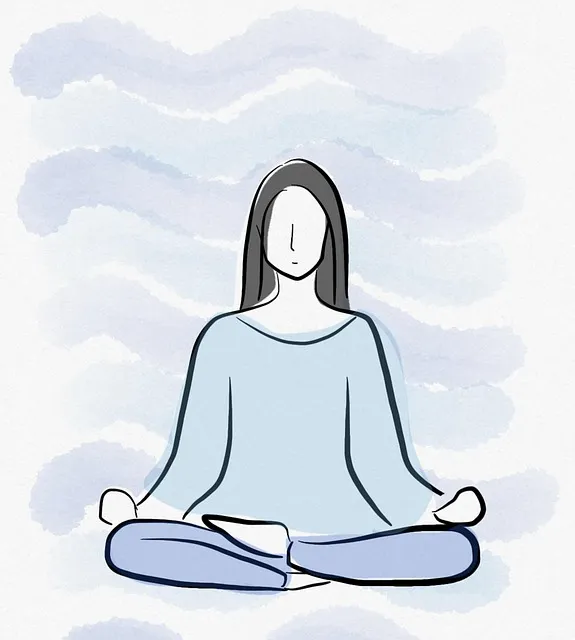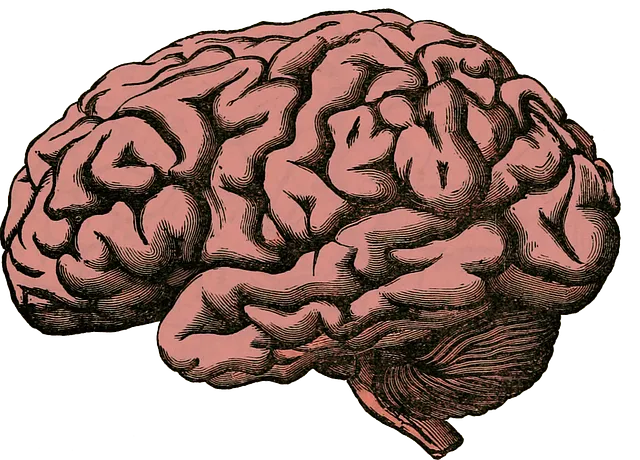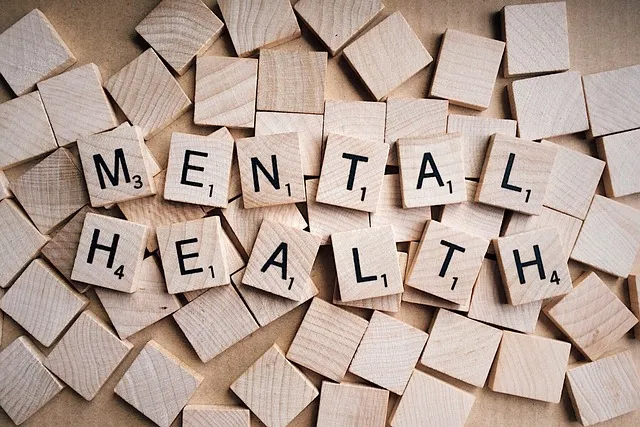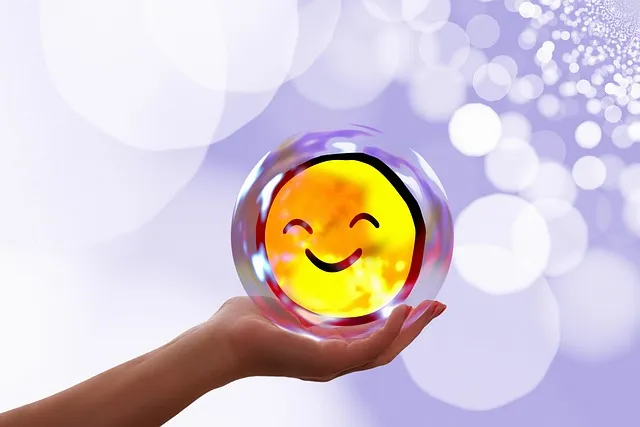Emotion regulation techniques, offered by the Superior Kaiser Permanente mental health center during visiting hours, enhance mental wellness. These include mindfulness exercises, journaling for self-reflection and progress tracking, and holistic self-care practices like sleep, exercise, and diet. By building resilience and positive thinking, individuals can better manage stress, improve decision-making, strengthen relationships, and prevent burnout. Comprehensive programs at the Superior Kaiser Permanente center equip people with tools to regulate emotions and improve overall quality of life through mental health education.
Emotion regulation techniques are essential tools for navigating life’s challenges. This article explores the power of emotional intelligence and delves into the role of institutions like the Superior Kaiser Permanente Mental Health Center in teaching these skills. We’ll uncover effective strategies for daily practice and self-care, while highlighting the tangible benefits and real-world applications of regulated emotions. By understanding these techniques, individuals can unlock a deeper sense of well-being and resilience.
- Understanding Emotion Regulation: Unlocking Emotional Intelligence
- The Role of Kaiser Permanente Mental Health Center in Teaching Techniques
- Effective Strategies for Daily Practice and Self-Care
- Benefits and Real-World Applications of Regulated Emotions
Understanding Emotion Regulation: Unlocking Emotional Intelligence

Emotion regulation is a crucial aspect of emotional intelligence, enabling individuals to navigate life’s challenges with resilience and adaptability. At the esteemed Kaiser Permanente mental health center, visiting hours are a testament to their commitment to providing comprehensive care. Understanding emotion regulation involves recognizing and managing one’s feelings effectively, fostering better mental wellness. This process unlocks a range of benefits, including improved decision-making and enhanced relationships.
Resilience building is a key component, allowing individuals to bounce back from setbacks with ease. Positive thinking plays a significant role in this journey, as it shifts the focus towards optimism and constructive perspectives. Additionally, mental wellness journaling exercises provide guidance for self-reflection, helping individuals track their emotions, identify triggers, and develop personalized coping strategies. These techniques collectively contribute to emotional intelligence, empowering individuals to lead more balanced and fulfilling lives.
The Role of Kaiser Permanente Mental Health Center in Teaching Techniques

The Superior Kaiser Permanente Mental Health Center plays a pivotal role in teaching and promoting effective emotion regulation techniques that contribute to enhanced emotional well-being. With its dedicated team of mental health professionals, the center offers a range of programs designed to empower individuals with practical tools for managing their emotions. These initiatives are not just limited to individual therapy sessions but extend to group settings, where participants learn from one another, fostering a supportive environment conducive to resilience building.
Through various workshops and training sessions, Kaiser Permanente focuses on social skills training, enabling people to navigate interpersonal interactions with greater ease. The center’s holistic approach ensures that clients gain insights into their emotional triggers while learning adaptive coping strategies. By prioritizing both mental health and overall well-being, Kaiser Permanente Mental Health Center sets the standard for effective emotion regulation education in the community.
Effective Strategies for Daily Practice and Self-Care

Emotion regulation is a vital skill to cultivate for maintaining mental well-being, and integrating effective strategies into daily routines can significantly enhance one’s quality of life. At superior Kaiser Permanente mental health centers, visiting hours offer a structured environment for individuals to engage in self-care practices. Incorporating mindfulness exercises, such as deep breathing or meditation, into daily schedules can help individuals stay grounded and manage stress levels effectively. Regular reflection through journaling is another powerful tool; it allows one to process emotions, track progress, and identify patterns that may contribute to overwhelming feelings.
Self-care goes beyond emotional regulation; it encompasses physical and mental activities that foster a sense of renewal. Adequate sleep, regular exercise, and a balanced diet are essential components of a holistic self-care routine. Mental health education programs designed with burnout prevention in mind can provide individuals with the knowledge and tools to recognize signs of exhaustion and implement timely coping strategies. By prioritizing both emotional and physical well-being, individuals can navigate life’s challenges more effectively while cultivating resilience and overall mental health awareness.
Benefits and Real-World Applications of Regulated Emotions

Emotion regulation techniques offer a multitude of benefits, enhancing individuals’ overall well-being and quality of life. By learning to manage emotions effectively, people can reduce stress levels, improve mental clarity, and boost their ability to make sound decisions. This enhanced emotional intelligence fosters better relationships, as regulated individuals are more attuned to their own needs and those of others. Moreover, it plays a pivotal role in various real-world scenarios, from the workplace to social interactions.
For instance, professionals at Kaiser Permanente mental health centers often emphasize emotion regulation as a cornerstone of holistic mental health care. Self-care practices that incorporate these techniques can prevent burnout, a common issue faced by many, especially in high-pressure environments. Mental health education programs designed with an emphasis on emotional regulation equip individuals with valuable tools to navigate life’s challenges and maintain resilience. These skills are not only beneficial for personal growth but also have a positive impact on community well-being.
Emotion regulation techniques, once mastered, become a powerful tool for enhancing emotional intelligence and overall well-being. The expertise offered by the Superior Kaiser Permanente Mental Health Center plays a pivotal role in teaching these skills, providing individuals with practical strategies to navigate life’s challenges. By integrating these techniques into daily routines, people can experience improved mental health, better stress management, and enhanced relationships. The benefits are far-reaching, enabling folks to approach life with greater resilience and emotional balance, truly transforming their overall quality of life during visiting hours and beyond.






